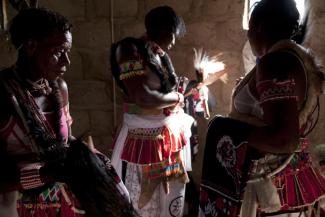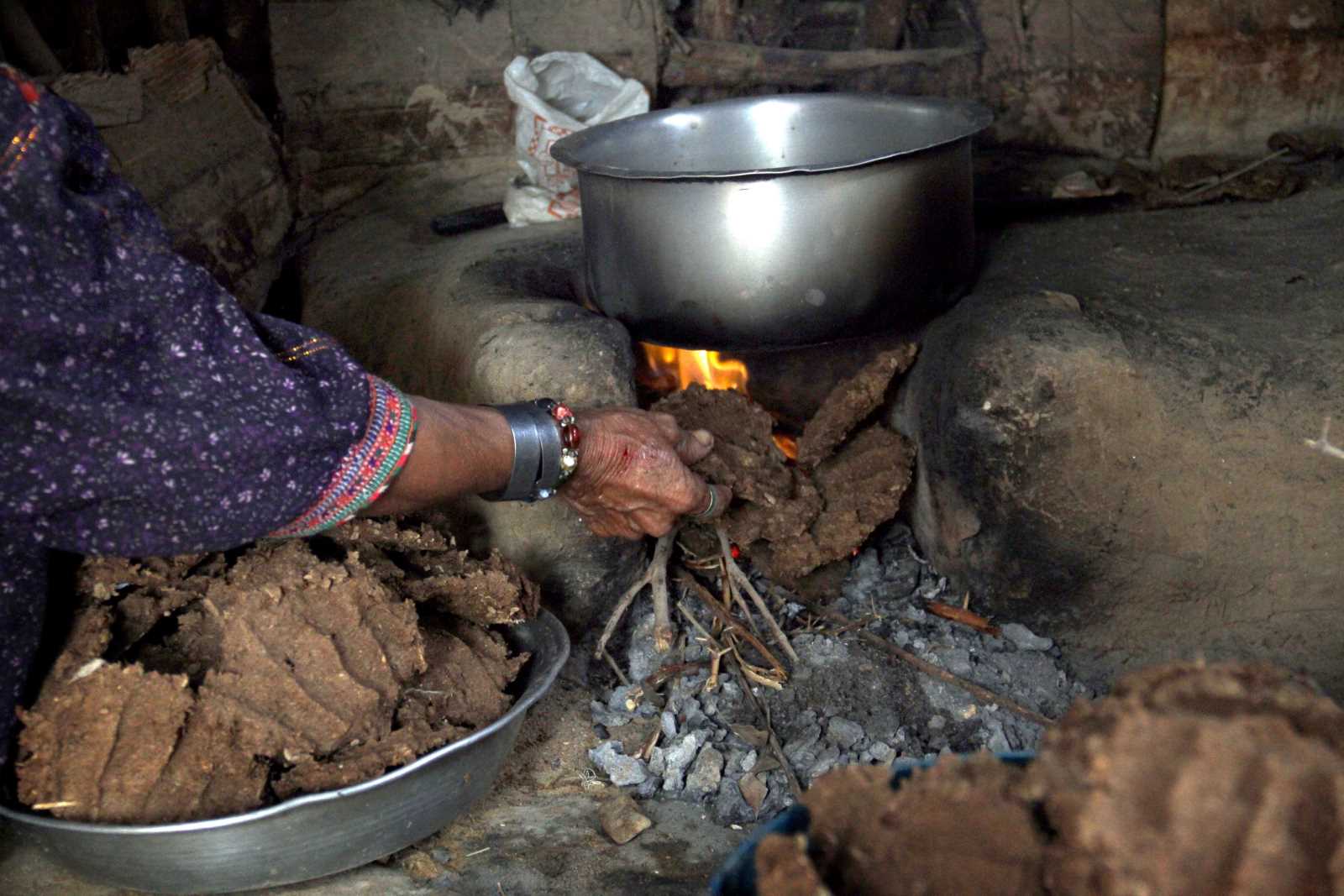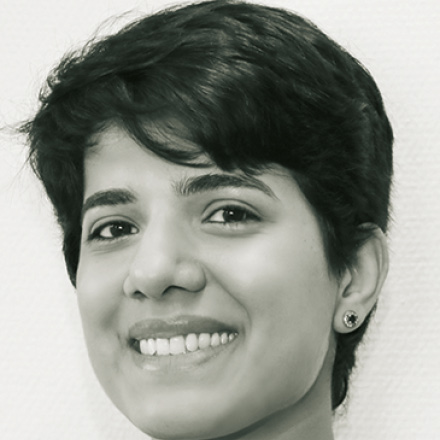Gender-based violence
“I will never forgive”

“I will never forgive this man; I hate him a lot.” Naledi was 15 years old when she went to initiation school, a traditional ritual during puberty to prepare boys and girls for adulthood. She was excited to go there. The girls were supposed to learn how to dance nicely, and usually they wear nice beads. But Naledi was raped by Mlombo, the traditional healer. She still finds it hard to speak about what happened during what is called the “big initiation”.
The female initiates, aged between nine and 17 years, were enrolled from June to August 2012. Upon arrival, they had to take off their private clothes and were instead given underwear, a skirt and a blanket to wear. Furthermore, they were taught to be submissive. They were given numbers as names and had to recite the rules.
Everything that happened at initiation school was supposed to stay secret. Otherwise, they were told, they would become insane. An essential part of the initiation was to get a burn mark on their cheeks, to indicate that they had completed initiation. The initiates were beaten with sticks when they didn’t obey.
The “big initiation” is the defining moment. It takes place annually in the rural community. For Naledi and the other girls it happened in a dark room. They were told to take off their clothes. Mlombo performed a protection ritual, for which he rubbed “holy water” onto their naked bodies. The girls reported that he sexually assaulted them either by inserting his fingers or his penis in their vaginas. At least 17 girls were sexually violated within 24 hours. Mlombo’s wife used an “initiation stick” to beat the girls, and one of them was severely injured.
In spite of the threats, some girls told their parents what had happened, and the parents asked the local police station to open a case and to seek support from GRIP (Greater Nelspruit Rape Intervention Programme), a non-profit organisation. GRIP workers are based in police stations to provide trauma counselling and support victims of domestic or sexualised violence. The girls were taken to different hospitals to conduct the medico-legal examination as quickly as possible and to give them an emergency HIV prevention treatment. GRIP made sure that the court case was taken forward too.
The police, however, first turned the victims and their families away, telling them to go to the traditional leader because a “cultural practice” was concerned. It was not clear whether a traditional court or the district court had jurisdiction, and it took more than three years before the district court in Nelspruit eventually passed a sentence. Mlombo was handed 17 life sentences for rape and 15 years in prison for three counts of sexual violation; his wife was handed a 21-year sentence for assault.
As stated by the judge, the parents had trusted the traditional healer. They expected him to teach the girls about values. For Mlombo this was an opportunity to rape the girls, and he was sure that the “blanket of secrecy” would protect his abuse of power.
Statistics show that South Africa has one of the highest rates of violence against women worldwide. This is especially concerning as sexual violence increases the risk of contracting HIV. However, the extent of sexual abuse in South-African society lacks an adequate, publicly funded response system. Support for survivors is severely underfunded, and the respective civil-society organisations are struggling unless they have international funding.
The South-African state must not leave these issues only to NGOs. It is important, moreover, to ensure that no harmful practices are applied in initiation schools and that control mechanisms are in place and functioning properly. Horrifying stories about adolescents experiencing severe injury or even losing their lives are published each initiation season. Traditional rites of passage are a controversial topic in South Africa, as some of its elements conflict between cultural identity and constitutional rights.
Eva Jerger is a sociologist. She works as a consultant in the field of quality management and organisation development for NGOs in South Africa.
eva.jerger@googlemail.com
Link
Greater Nelspruit Rape Intervention Programme (GRIP):
http://www.grip.org.za/










